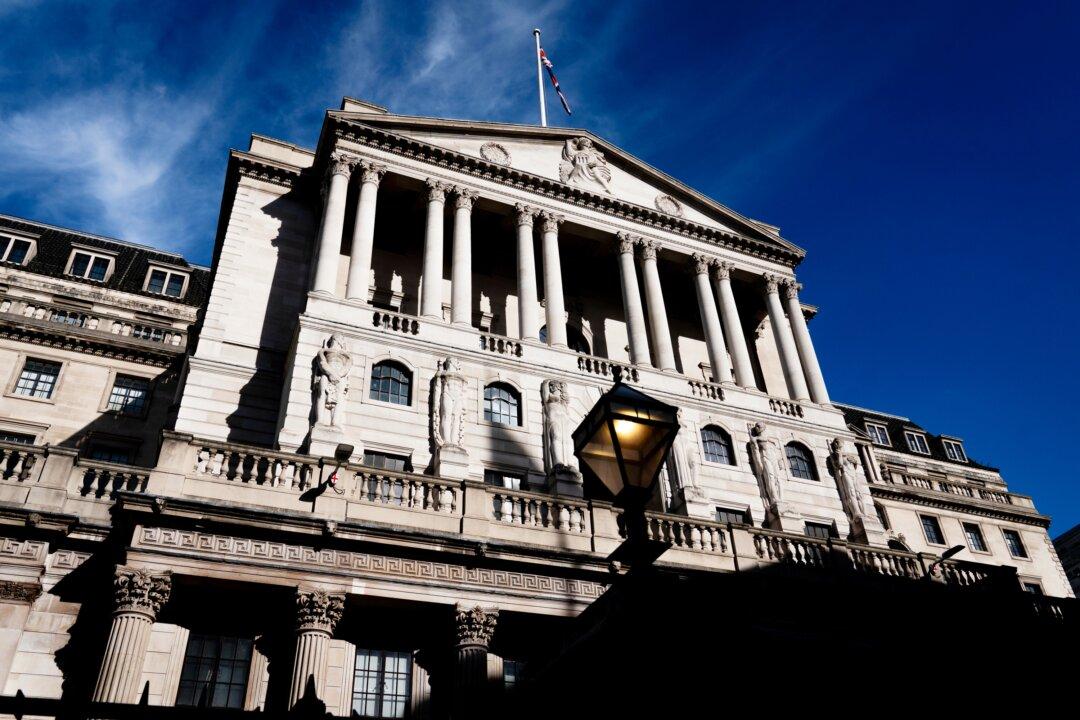The share of UK households spending a high proportion of their income on mortgage payments is expected to be lower than previously thought, the Bank of England (BoE) said, amid an overall challenging financial outlook for borrowers.
Nearly half a million households will spend more than 70 percent of their income, after tax, by the end of 2023. This constitutes a decrease from the previously estimated 650,000 households.





